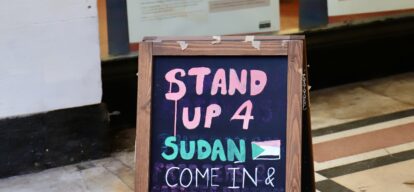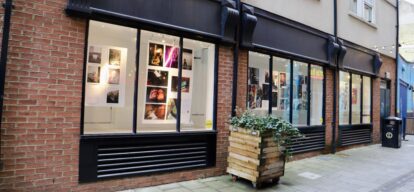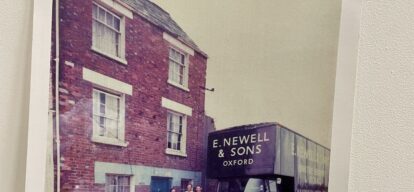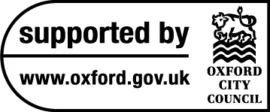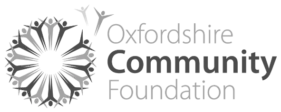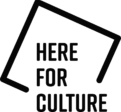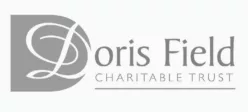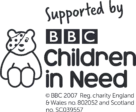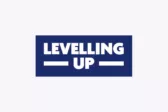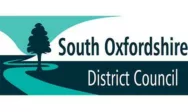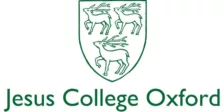Sam Skinner is an artist and curator who has recently relocated to Oxford. His work focuses on relations between technology, media, community and lately, horticulture. In his practice, Sam employs a range of processes including historical research, printmaking, curation, mural making, publishing and workshops. Sam is also part of our Artist Research Labs programme, which aims to help artists discover the next chapter of their practice.
For the programme we have brought together five artists who are interested in exploring, researching and reflecting on their practices, closely focusing on the question “what can make my practice sustainable?”.
The artists have been keeping in contact over three months to investigate these ideas, feeding back their explorations and developments throughout. We spoke to Sam to find out more about his practice, his current projects, and how Artist Research Labs is helping support the development of a new community horticulture project that you can get involved with! Read on for details.
Can you tell us a little bit about your artistic practice?
"I’m an artist and curator. The ‘AND’ in that statement is important to me because, to paraphrase Gilles Deleuze, AND is neither one nor the other, and constitutes and engenders multiplicity. I actively try and develop a practice and projects which oscillate between and move through different modes of research, production, curation, and collaboration. However, it should be said, in the context of the Artist Research Lab project’s focus on ‘sustainable practice’, this is also a response to making a living; to living and making.
I suppose I’d identify with what Silvio Lorusso calls being an ‘entreprecariat’, which conflates precarity with entrepreneurialism. In the past I’ve run galleries, been an art director, animator, publisher, editor, academic researcher, project manager, etcetera. I’ve always been interested in lots of different things, so in some sense I’ve followed my passions, but in another, this can combine with the precariousness of a freelance practice in peculiar ways, and lead to a kind of short-term hand-to-mouth existence, that makes it difficult to plan and develop a more focused practice. But, after sticking at not sticking at things for many years, various dots now connect in interesting ways, and I’ve come to embrace precarious hybridities, patchwork modularities, and what a transdisciplinary practice can enable and lead to."
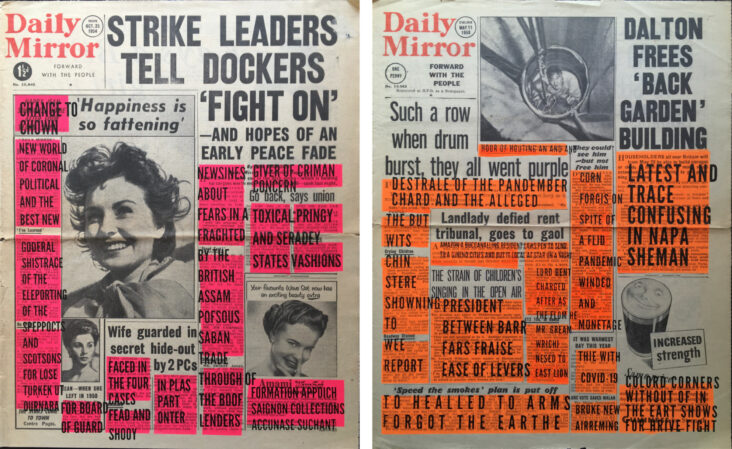
"These are work-in-progress pieces that follow an online newspaper project I developed (with Nathan Jones and Tom Schofield) commissioned by The British Library and Leeds Digital Festival, employing AI text generation tools to write headlines from a corpus of old and new newspapers."
How does this translate to themes in your work and what are you currently focused on?
"I have an ongoing interest in community and technology and how they intersect in particular socio-technical institutions. To this end, I developed an Observatory themed group exhibition at FACT, Liverpool, in collaboration with Hannah Redler of the Open Data Institute (ODI), and a new community radio station in Thamesmead with TACO!. I’m currently developing an alternative public library for Exhibition Research Lab at Liverpool School of Art and NeMe, in Cyprus, launching later this year, in collaboration with Nathan Jones, with whom I co-direct Torque Editions.
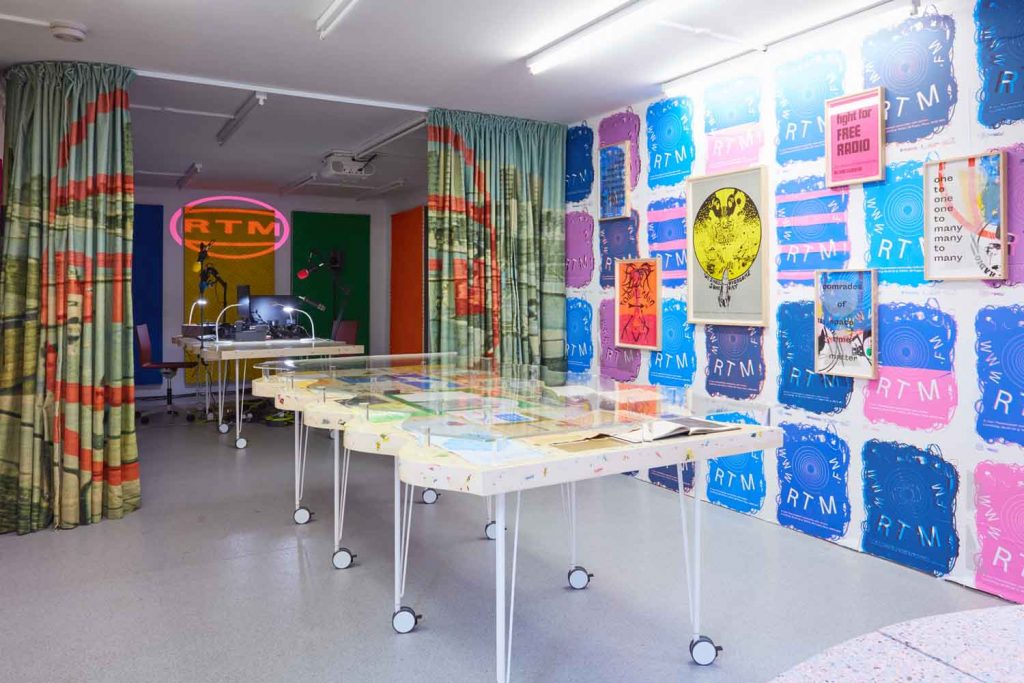
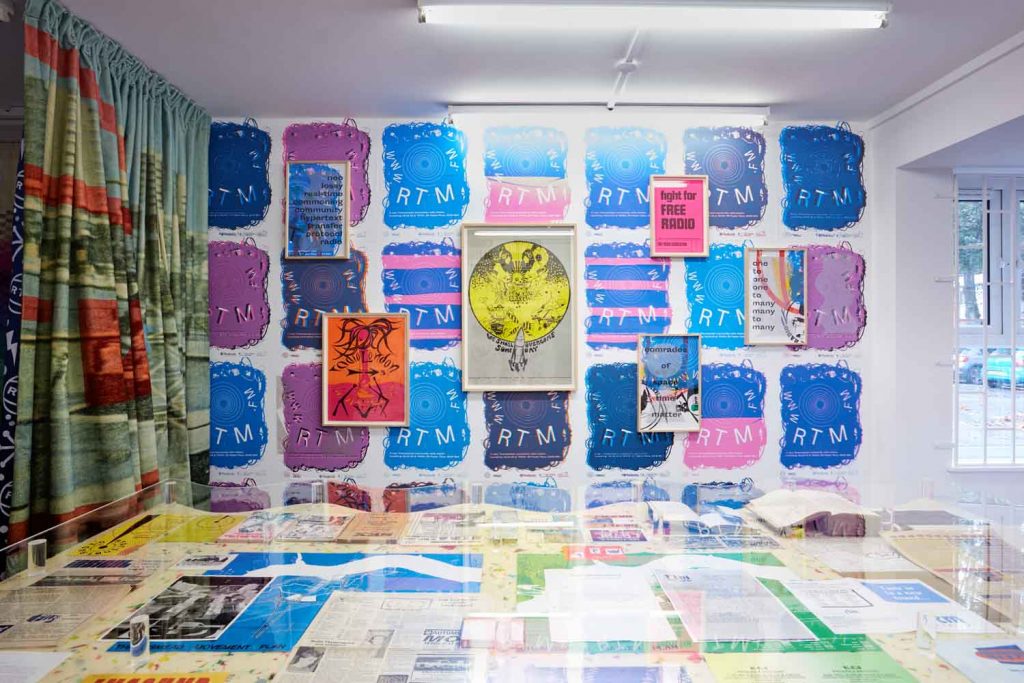
"These projects allow me to apply my interest in the practice and notion of ‘gesamtkunstwerk’ or synthesis of the arts. Exploring how diverse practices from print-making to archival research, web design to community activism, can combine to create hybridised institutions, which support more open and creative experimentation between community and technology."
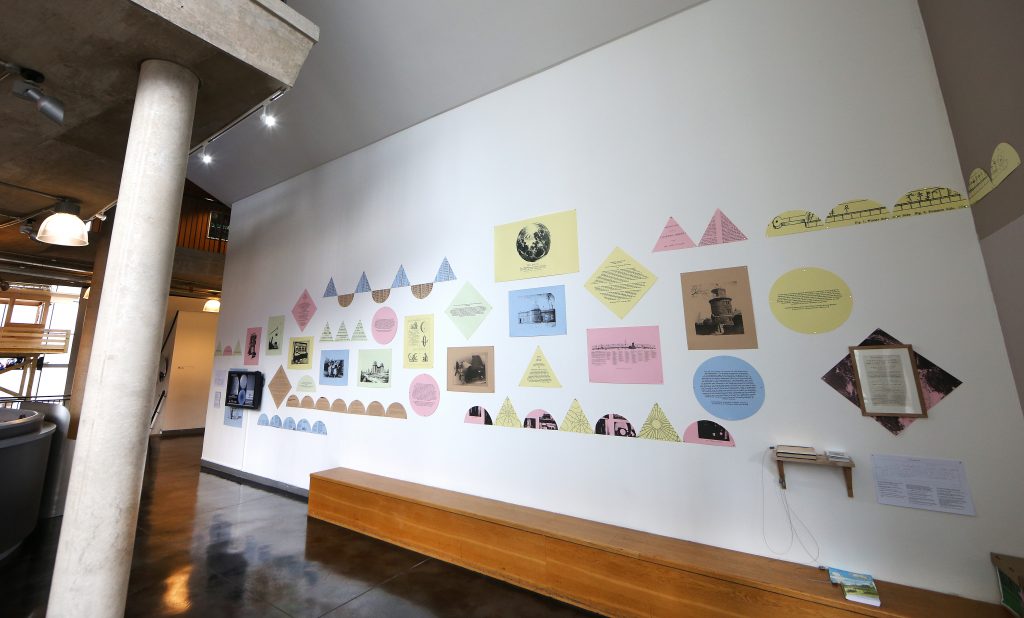
A particular question threaded through these projects is what new types of institutions and infrastructures might we need to make, remodel, or dismantle? And going forward I’m keen to develop projects that more effectively prioritise alternative and ecological modes of organising, being, and making at the outset, at their core, that might include for example foregrounding multi-species collaboration and commoning."
How has the Fusion Artist Research Labs programme helped develop your practice?
"I moved to Oxford just over a year ago and the Labs project has been a really supportive and nurturing activity to be involved with. It has helped me reflect on some of the issues discussed above, how I got to be where I am, and to plan for the future. It’s also been amazing to speak with and listen to the other artists in the group and the Fusion team, particularly during the pandemic that has thrown up so many questions and challenges. The research lab has been a real catalyst behind setting up the art and horticulture project I’m developing. I suppose this is institution number four in a series, after the the observatory, radio station and library. This will be a kind of community garden/studio/observatory/station thing! The core infrastructure of the project, which I’ve cultivated during the research lab, has been the establishment of two sister sites: a growing space in East Oxford and a studio at Makespace Central, which will work together to support the development of new commissions and projects.
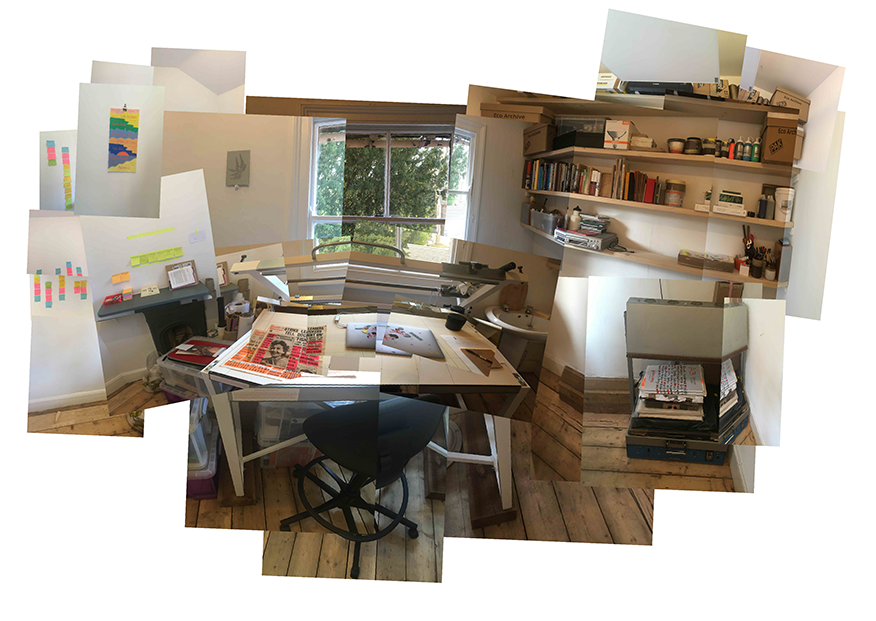
"I’ve become increasingly interested in horticulture in recent years, catalysed by having allotments, work on an organic farm and a course of studies with the RHS I’m undertaking. The project will launch in the summer, but essentially, it is focused on exploring the relationship between art and horticulture through collaborations between artists, designers, creative horticulturalists, and communities."
Projects will experiment with activities like growing plants that can be used for materials, and explore the cultural and historical significance of horticulture and plants, through projects that engage with subjects such as food and fashion, through to wider contexts of climate change and biodiversity. I’m interested to speaking with individuals and communities in Oxford and beyond who might be interested in sharing, learning, and collaborating – so please get in touch!"
If you'd like to get involved, you can email Sam: mail@samskinner.net.
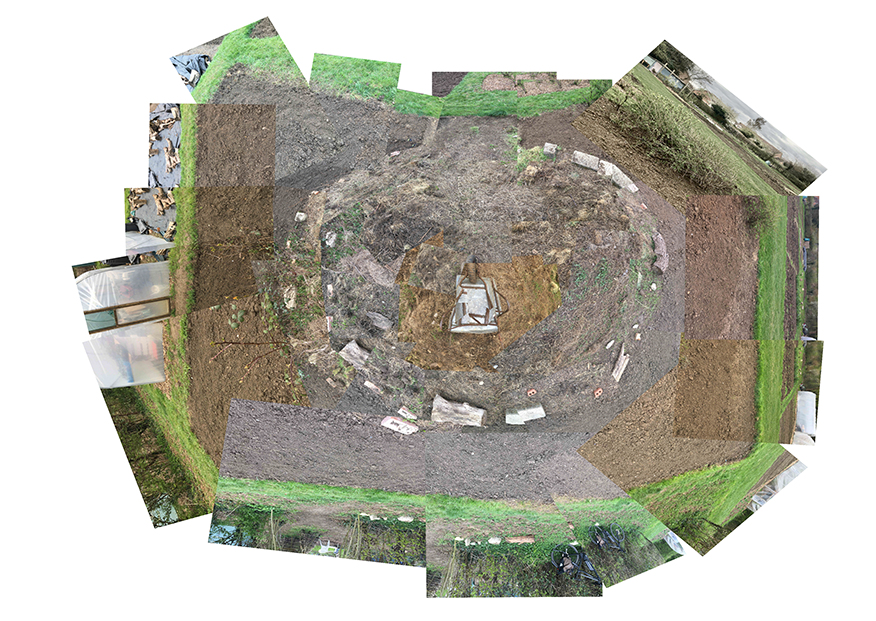
Could you recommend some other creative resources for us to check out?
"I would recommend the Critical Zones - Observatories for Earthly Politics exhibition, currently on show at ZKM in Karsruhle, Germany, that develops a concept of observing and engaging with the earth as a network of critical zones. ZKM have done a brilliant job of making the exhibition accessible online and has an excellent programme of events, many of which are online and archived on the site. I’m doing a talk with mirko nikolić in June as part of the ZKM’s Terrestrial University lecture series. The talk will link some of my current research on horticulture to mirko’s work on mining, through the lens of observation and observatories. For some less Eurocentric perspectives I would encourage people to donate to the current fundraising campaign by 32° East to construct a purpose-built contemporary art centre in Kampala, Uganda. Click here to donate. And check out Raqs Media Collective (Monica Narula, Shuddhabrata Sengupta, and Jeebesh Bagchi) based in New Delhi, who develop some fascinating and complex projects, and have some great material on their website."
To find out more about Sam and the projects he is involved in, you can visit his website and follow him on Twitter.
